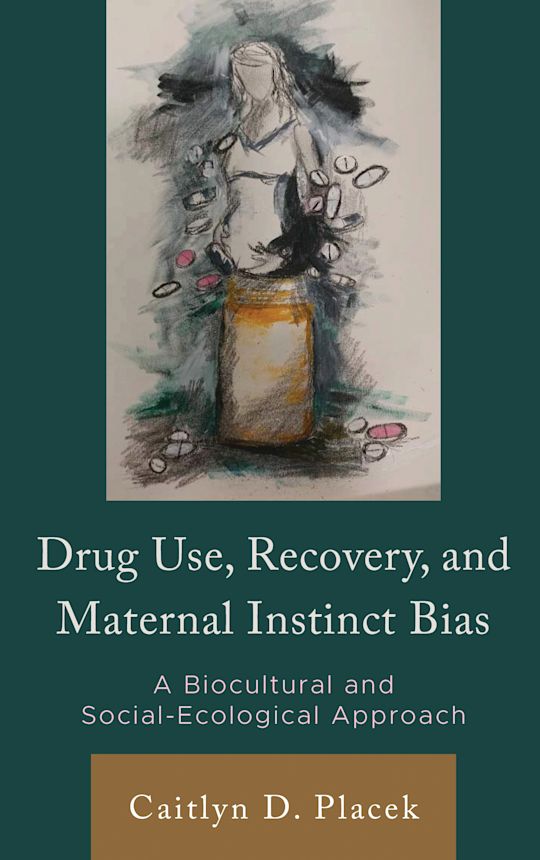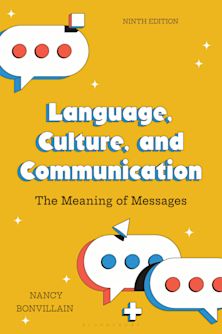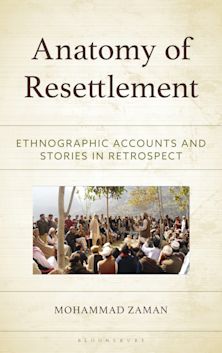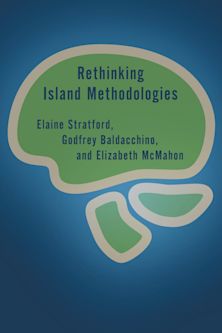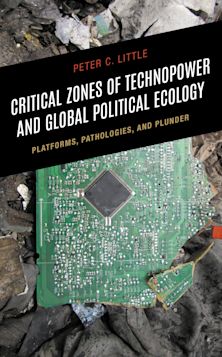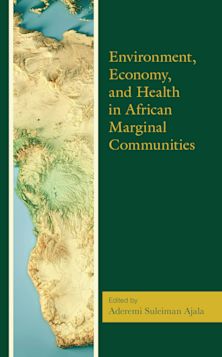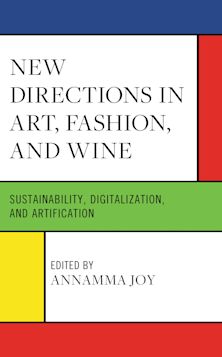Drug Use, Recovery, and Maternal Instinct Bias
A Biocultural and Social-Ecological Approach
Drug Use, Recovery, and Maternal Instinct Bias
A Biocultural and Social-Ecological Approach
This product is usually dispatched within 1 week
- Delivery and returns info
-
Free CA delivery on orders $40 or over
Description
Drug Use, Recovery, and Maternal Instinct Bias: A Biocultural and Social-Ecological Approach draws upon theoretical perspectives in anthropology and public health to provide insight into the barriers women experience when seeking treatment for substance use disorders. In both theoretical perspectives in biological anthropology and social discourse within the United States, there is an emphasis on explaining why women avoid (or should avoid) using psychoactive substances during their reproductive years, especially during pregnancy. Theories of women's drug avoidance during the childbearing years rely on statistics to show that women are less likely to use all types of illicit drugs than their male counterparts. This gender gap, however, is closing in high-income countries (HICs), calling for more research on the biocultural and social-ecological factors contributing to women's drug use and the barriers to their recovery. The book uses qualitative data from participants in Indiana to illustrate women's struggles along the pathway to recovery. The overarching conclusion is that internalized models of “maternal instinct,” a topic inherent in theoretical and public discourse, can often impede efforts for women seeking treatment, and recovery is only possible when proper social and structural supports are in place.
Product details
| Published | Jan 29 2024 |
|---|---|
| Format | Hardback |
| Edition | 1st |
| Extent | 182 |
| ISBN | 9781666937435 |
| Imprint | Lexington Books |
| Illustrations | 1 BW Illustration, 1 BW Photo, 1 Table |
| Dimensions | 236 x 159 mm |
| Series | Anthropology of Well-Being: Individual, Community, Society |
| Publisher | Bloomsbury Publishing |
Reviews

ONLINE RESOURCES
Bloomsbury Collections
This book is available on Bloomsbury Collections where your library has access.









